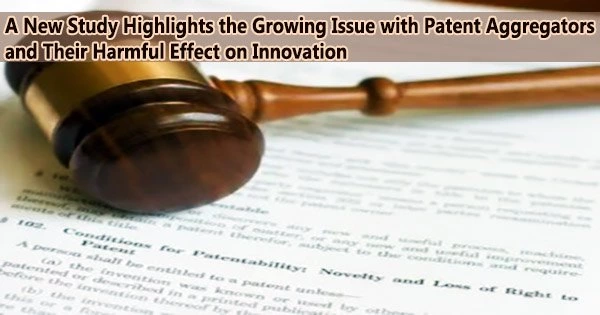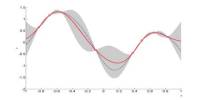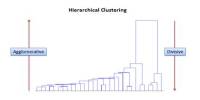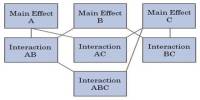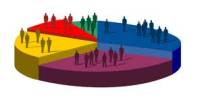Science will publish a study on April 29, 2016 that demonstrates how money-hungry patent trolls are suppressing innovation at a time when the American economy is depending more than ever on it. What should be done?
The new study, co-authored by Professor Lauren Cohen of Harvard Business School, Professor Umit Gurun of the University of Texas at Dallas, and Dr. Scott Duke Kominers, a Junior Fellow at the Harvard University Society of Fellows, examines the sharp rise in patent litigation in the United States during the past decade, with 2015 marking one of the highest patent lawsuit counts on record.
Theoretically, as more businesses use intellectual property (IP) protection to preserve their competitive advantages, the rise in patent litigation may be a reflection of the commercialization of research and technology.
In reality, however, it’s a very different story. The authors point out that the majority of recent patent litigation has been driven by “nonpracticing entities” (NPEs) firms that generate no products but instead amass patent portfolios just for the sake of enforcing IP rights.
Cohen, Gurun, and Kominers discuss new, large-sample evidence adding to a growing literature that suggests that NPEs in particular, large patent aggregators on average act as “patent trolls,” suing cash-rich firms, seemingly irrespective of actual patent infringement.
The level of innovation at targeted companies is negatively impacted by patent trolling. According to Cohen, Gurun, and Kominers, firms often decrease their research and development (R&D) spending by more than 25% after reaching a settlement with NPEs (or losing to them in court). These results, Cohen, Gurun, and Kominers say, indicate a need to change U.S. intellectual property policy, particularly to screen out trolling early in the litigation process.
Although the U.S. Congress has debated more than a dozen measures since 2010 that seek to curtail patent trolling, the majority of the suggested regulatory adjustments center on post-the-fact penalties for filing cases that are later deemed frivolous (or “extraordinary”) following court proceedings.
For example, H.R. 9, the “Innovation Act,” which is currently on the docket, provides for mandatory fee-shifting for patent lawsuits that the courts determine are not “reasonably justified.”
In reality, however, the average costs of patent litigation are large ($1 million to $4 million) and the process is drawn out. Patent litigation targets may thus discover it cost-effective and less disruptive to just settle with NPEs, even in frivolous actions, even with the possibility of post-trial fee shifting.
According to the authors, this is not a sufficient solution. So what should be done? Cohen, Gurun, and Kominers say that policies should screen out trolling at or before the time of patent assertion. The authors suggest advance review techniques that would offer a preliminary assessment of the validity of the asserted patents and the plausibility of the plaintiff’s infringement claims.
Such advance review could cripple trolling, they conclude; pre-litigation review can separate good NPEs (and, more generally, good patent lawsuits) from bad. While trolling will be weeded out, legitimate infringement allegations will be supported. This would be extremely advantageous to creative businesses and aid them in boosting the U.S. economy.
